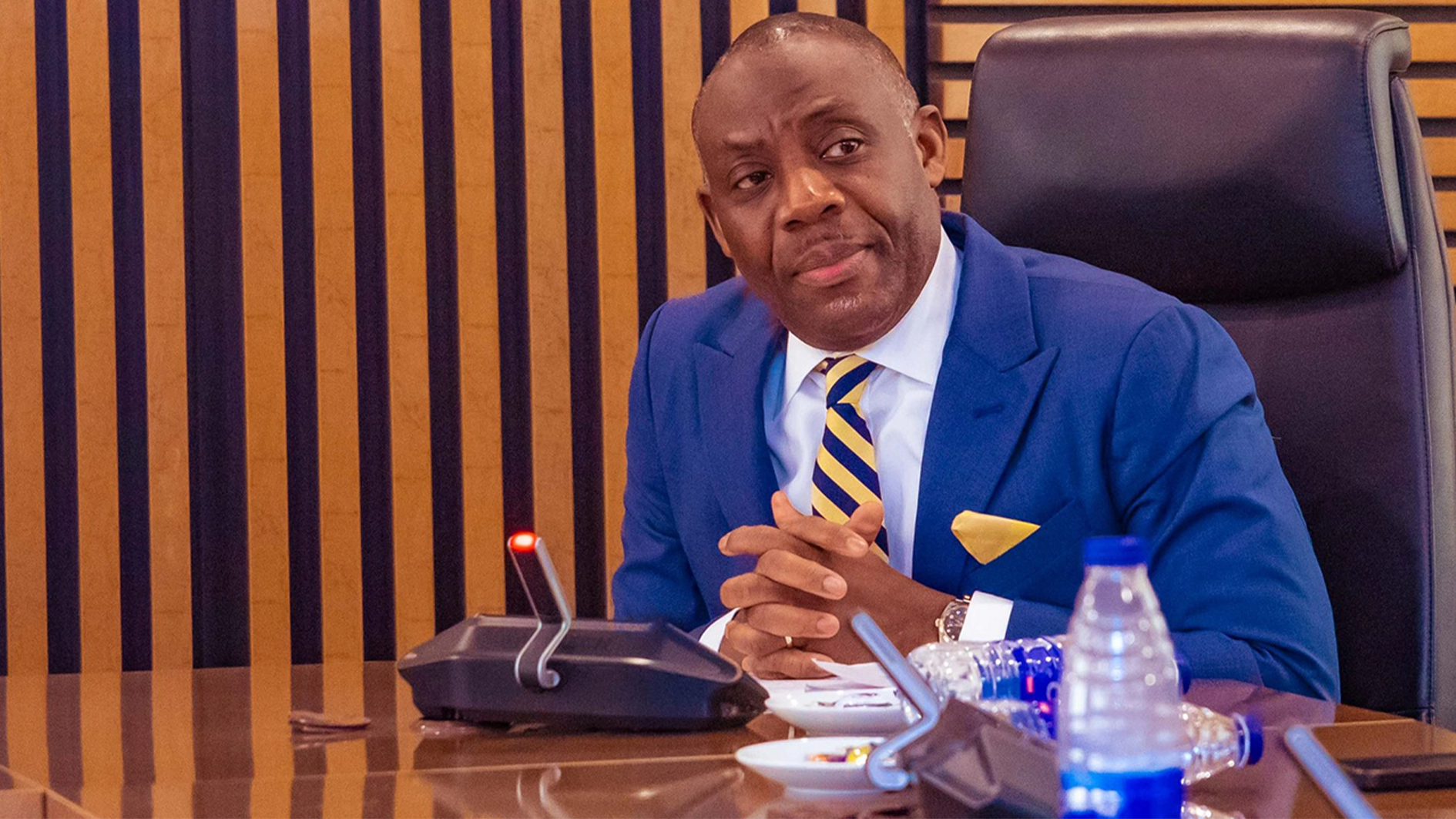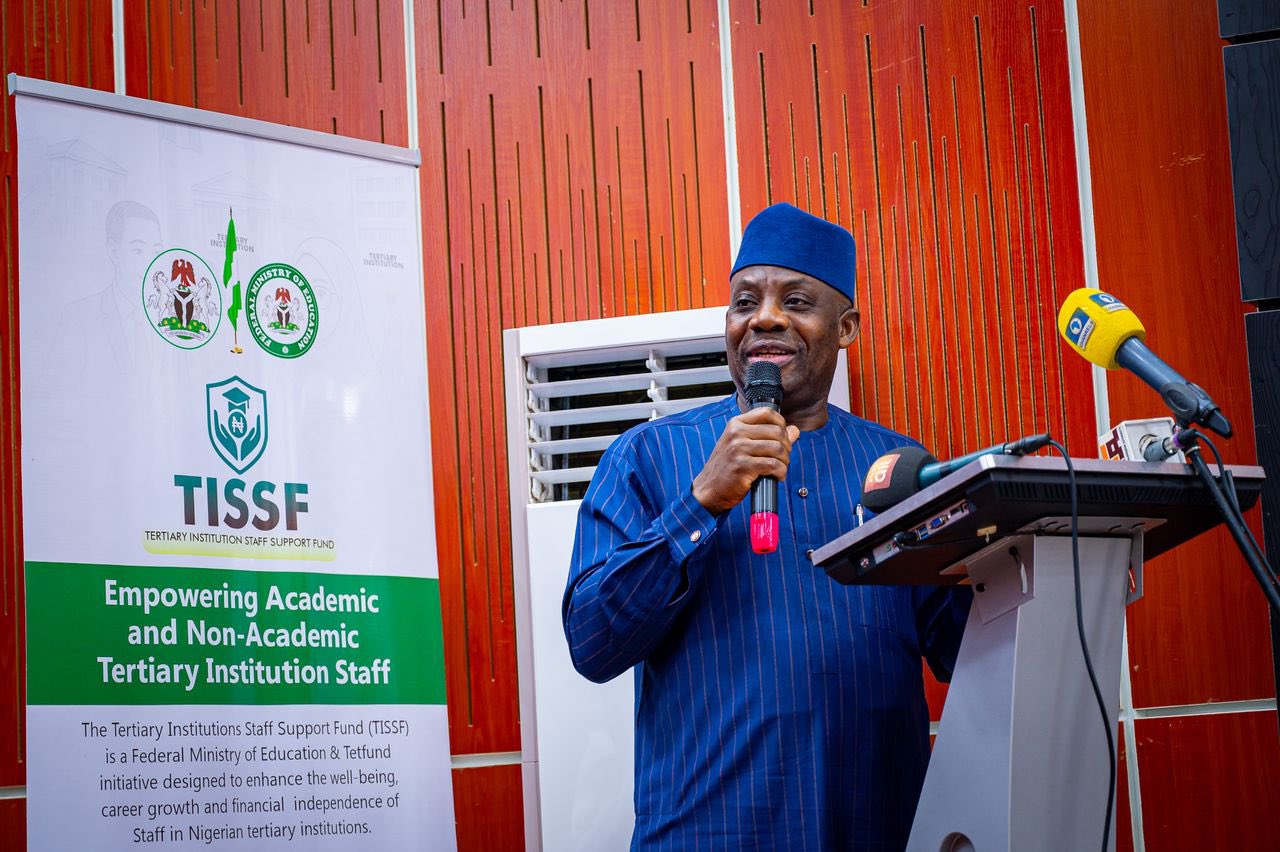In a bid to foster stronger youth development within Nigeria’s basic education system, schools are increasingly turning to grassroots football tournaments as structured spaces for discipline, teamwork and early talent discovery.
This trend was evident at Ronik International School, as pupils from 12 schools gathered for the second edition of the Alabi Oyo Football Tournament in Lagos, a fast-growing inter-school competition now attracting participants from within and outside the state.
Unlike typical school sports days, the tournament is deliberately framed as a development initiative aimed at identifying young talent early and improving students’ social engagement.
Organisers said the competition, which features under-13 and under-16 categories, was created to offer children a platform to express their abilities beyond the classroom, a need many educators say remains overlooked in Nigeria’s test-driven schooling culture.
Speaking at the opening ceremony, the principal of Ronik Comprehensive School, Victoria Duru, said the event underscores the value of holistic education at a time when schools face pressure to prioritise exam performance over physical and character development.
“Today is more than a sporting event. It is a celebration of teamwork, discipline and resilience,” she said.The tournament’s growth illustrates a wider shift in student attitudes toward extracurricular activities. Vice chairman of the hosting school group, Dr Adebola Olubanjo, noted that the rising interest is pushing organisers to consider expanding the competition.
“The girls are asking why only boys are playing. That is a development we like. A female category may be introduced next year,” he added.
Participation remains open to any school with a recognised secondary section and eligible players, although organisers stated that standards will be tightened as the event matures.
This year, the competition drew a school from Bayelsa State, signalling a growing regional interest in structured youth sports programmes.
While there is no prize money, the tournament doubles as a pathway to academic opportunities. Pupils who excel may earn partial or full scholarships to the host’s sports school, provided they also pass the school’s academic assessments.
Olubanjo described the approach as a way of rewarding talent without neglecting academics. Education stakeholders noted that such initiatives are becoming crucial in addressing the country’s weak talent pipeline and the declining physical activity among young people.






